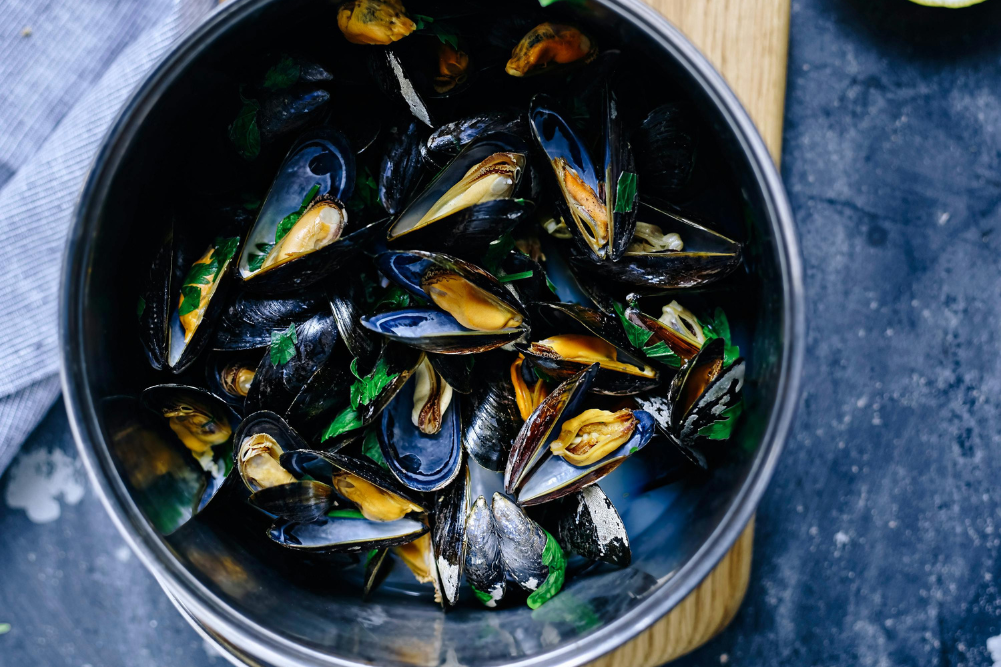How belly fat can increase the risk of cancer
Obesity affects two-thirds of the world’s population and is a growing concern.
Obesity has been linked to many health problems including several types of cancers – breast, colon, prostrate, uterine and kidney. In fact it is taking over tobacco use as the number one preventable risk factor for cancer.
But how obesity causes cancer is uncertain with no plausible explanation for it till now.
This indicates that fat from both mice and humans can turn non-cancerous cells into cancerous ones.
A new study from the Michigan State University offers an explanation showing that a certain kind of protein released from fat can cause non-cancerous cells to turn into cancerous ones.
There are two layers to belly fat. The layer of fat right under the skin is called subcutaneous fat and underneath that is a layer of fat called visceral fat which seems to be responsible for releasing this harmful protein and encouraging tumour growth.
The researcher’s studied belly fat in mice. The mice were fed a high fat diet and the researchers discovered that the visceral fat layer produced larger amounts of protein called the fibroblast growth factor or FGF2 when compared to the subcutaneous fat.
The FGF2 stimulated certain cells which were already vulnerable to the protein and cause them to grow into tumours.
The researchers also collected fat tissue from women undergoing hysterectomies and found that when there was more FGF2 protein in their fat more of the cells turned into cancerous tumours when transferred into mice.
Clearly, BMI or Body Mass Index is not the best indicator in determining cancer risk but rather the levels of FGF2 in the visceral fat layer.
While there have been many advances in treating cancer and improving the quality of life, the number of cancer cases continues to grow. By understanding how fat and obesity contributes to cancer, researchers can identify new methods of reducing cancer though diet and other therapeutic interventions.
You can reduce your chances of getting cancer by making smart choices – following a healthy lifestyle which includes a healthy diet and plenty of exercise and avoiding harmful habits like smoking.
Source: Oncogene








